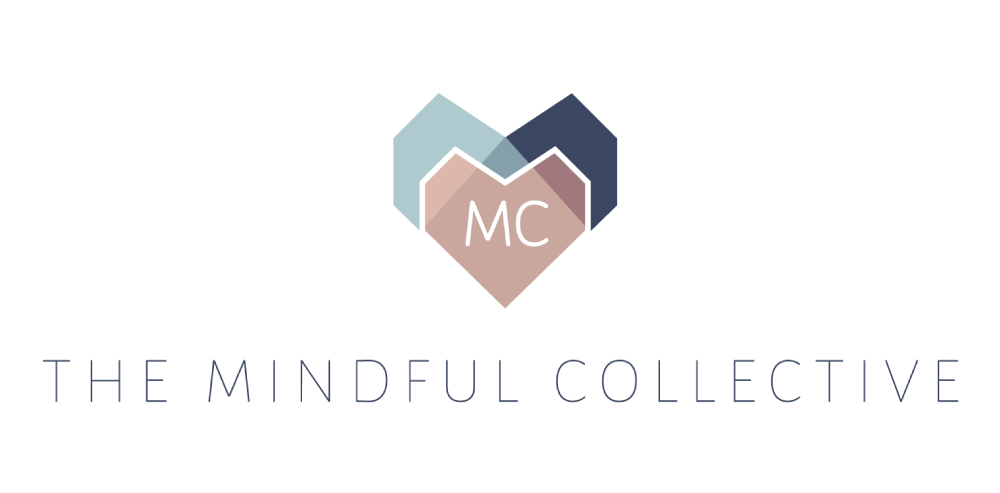My Experience as a Racial/Ethnic Minority in Australia
I remember my very first day at an Australian school. Right away, I felt like the odd one out being the only Brown girl in a class full of White people. My teacher assigned the smartest girl in class to help me settle in. She spoke very slowly to me, and the feeling of being out of place was getting stronger and stronger by the second. In that moment, I decided I would try my best to put on an Australian accent. When I responded to the girl, she was shocked that I could speak English (of course, it was the only language I could speak) and that I even had an Aussie accent (albeit a mediocre one). For the remainder of primary school, I had several interactions where someone would ask,
“Where are you from?”
“The Philippines.”
“But you sound so Australian!”/”But your English is so good!”
And I would almost cherish comments like that, feeling as though I had just been complimented. At the same time, however, I would feel a twinge of sadness, and I didn’t fully grasp why this was the case until much later. What I didn’t realise at the time was that the reason I decided to put on an accent was to blend in. But when people were asking me where I was from and when they were making comments about my English, my “otherness” was actually being brought to the forefront.
In high school, I was still putting on an accent which was exhausting. I didn’t tell anyone in my family that I had been doing this because I was embarrassed. So, whenever I had friends over, I would speak in my normal accent. And every time, my friends would tell me, “You sound so weird when you’re around your family!”
Clearly, my plan to blend in wasn’t really working. I really struggled with science which invited a lot of the lovely “You’re Asian, aren’t you supposed to be smart?” comments. And of course doing well in other subjects still invited comments like “See? She’s Asian so she’s really smart”. I hated that. I think comments like that have really contributed to the shame I still feel today when I don’t understand something in class, and the times I doubt my intelligence even when I succeed.
There were also instances where people would say I wasn’t actually Asian because I was from the Philippines, not China or Japan. Or people would say I wasn’t Asian enough because I couldn’t speak Filipino. Those comments affected me the most. They made me extremely angry, but more importantly, they made me really question my identity. I already felt such a disconnect from my culture, not being able to speak the language. Every time we went back home, I felt like I didn’t belong. That’s why those comments were especially painful. I felt like I didn’t fit in in the Philippines, and I felt like I didn’t fit in within Australia. I didn’t know who I was for a long time.
It wasn’t until I started going to university where I was exposed to people from various cultural backgrounds that I felt comfortable speaking with my real accent. So much of my growth began on that first day of university. Since then, I’ve LOVED using my (real) voice, and I feel so fortunate to be given a platform to talk about things that I am passionate about.
For a long time, I did not fully understand why my experiences in primary school and high school were so hurtful. I didn’t want to share my experiences with anyone, in fear of being seen as “too sensitive.” It wasn’t until I learned more about racial microaggressions and the experiences of other racial/ethnic minorities that I realised 1) I wasn’t being too sensitive, and 2) I wasn’t alone. My hope is that by sharing even just a glimpse into my experiences that other minorities also feel less alone, and maybe even empowered to share their own experiences.




Leave a Reply
Want to join the discussion?Feel free to contribute!